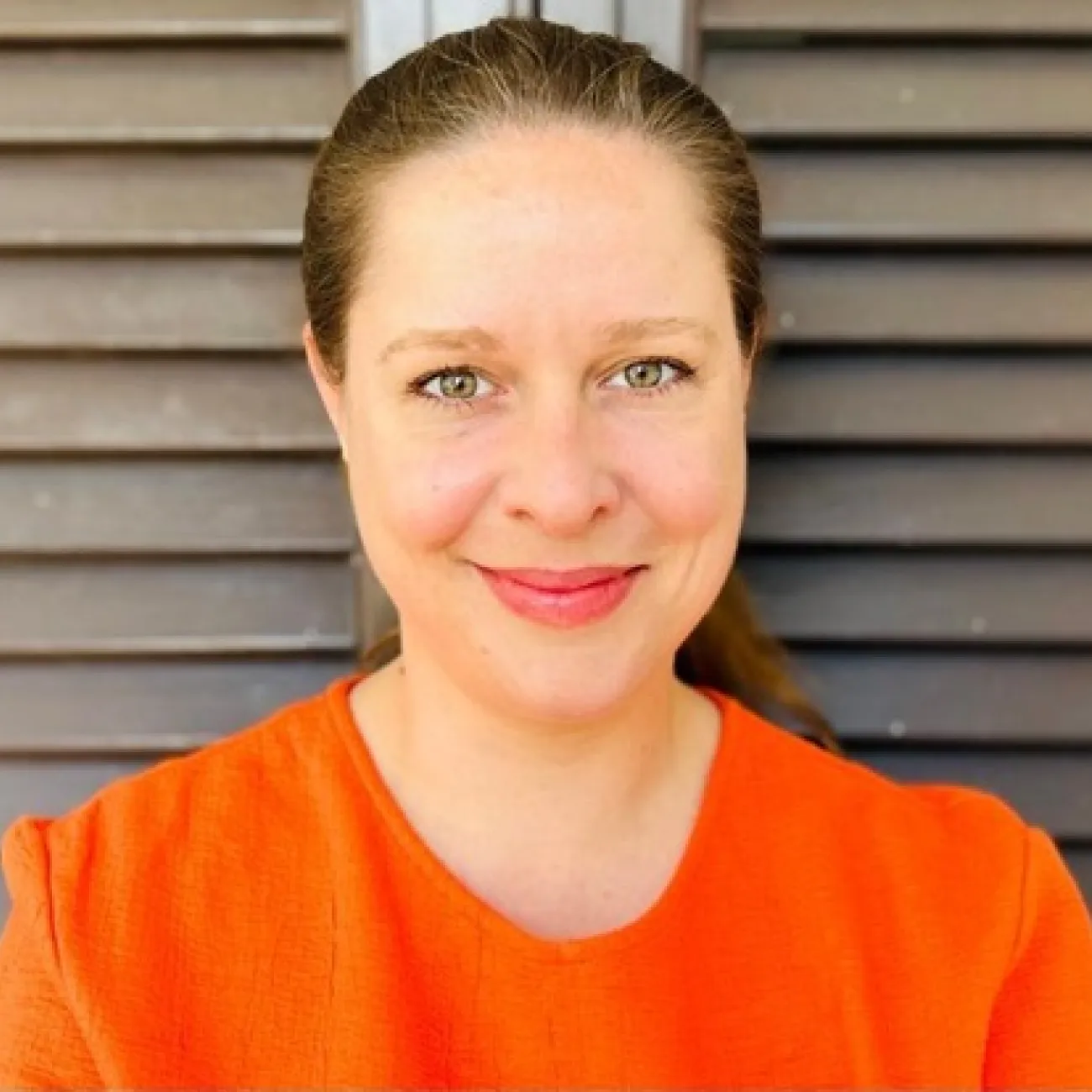About
My research focuses on gender, sexuality, and power in intimate relationships. After completing my PhD in Hamburg, Germany, I worked as a postdoctoral researcher at the University of Michigan, USA, supported by a Marie Curie Postdoctoral Fellowship, before joining the School of Psychology at the University of 天发娱乐棋牌_天发娱乐APP-官网|下载. My work examines how cultural norms and structural inequalities shape experiences of sexual agency, pleasure, and harm—particularly in heterosexual contexts. I was recently awarded an ERC Starting Grant (funded by the UKRI) to further investigate sexual grey areas, specifically troubling sexual encounters that fall outside the remit of criminal law and are often referred to as “bad sex.”
Selected Publications
Conley, T. & Klein, V. (2022). Women get worse sex: A confound in the explanation of sexuality gender differences. Perspectives on Psychological Science, 17(4), 960-978.
Klein, V. & Conley, T. (2021). The role of gendered entitlement in understanding inequality in the bedroom. Social Psychological and Personality Science, 13(6), 1047-1057.
Klein, V., Imhoff, R., Reininger, K. M., & Briken, P. (2019). Perceptions of sexual script deviation in women and men. Archives of Sexual Behavior, 48, 631-644.
Klein, V., Kosman, E., & Kahalon, R. (2023). Devaluation of Women’s Sexual Pleasure: Role of Relationship Context and Endorsement of the Madonna-Whore Dichotomy. Sex Roles, 90(1), 67-81.
Sava?, ?., Klein, V., & Conley, T. (2023). Epistemic Exclusion and Invisibility in Sex Research: Revisiting the WEIRD Dichotomy. The Journal of Sex Research, 61(5), 691-694.
You can update this in Pure (opens in a new tab). Select ‘Edit profile’. Under the heading and then ‘Curriculum and research description’, select ‘Add profile information’. In the dropdown menu, select - ‘About’.
Write about yourself in the third person. Aim for 100 to 150 words covering the main points about who you are and what you currently do. Clear, simple language is best. You can include specialist or technical terms.
You’ll be able to add details about your research, publications, career and academic history to other sections of your staff profile.
